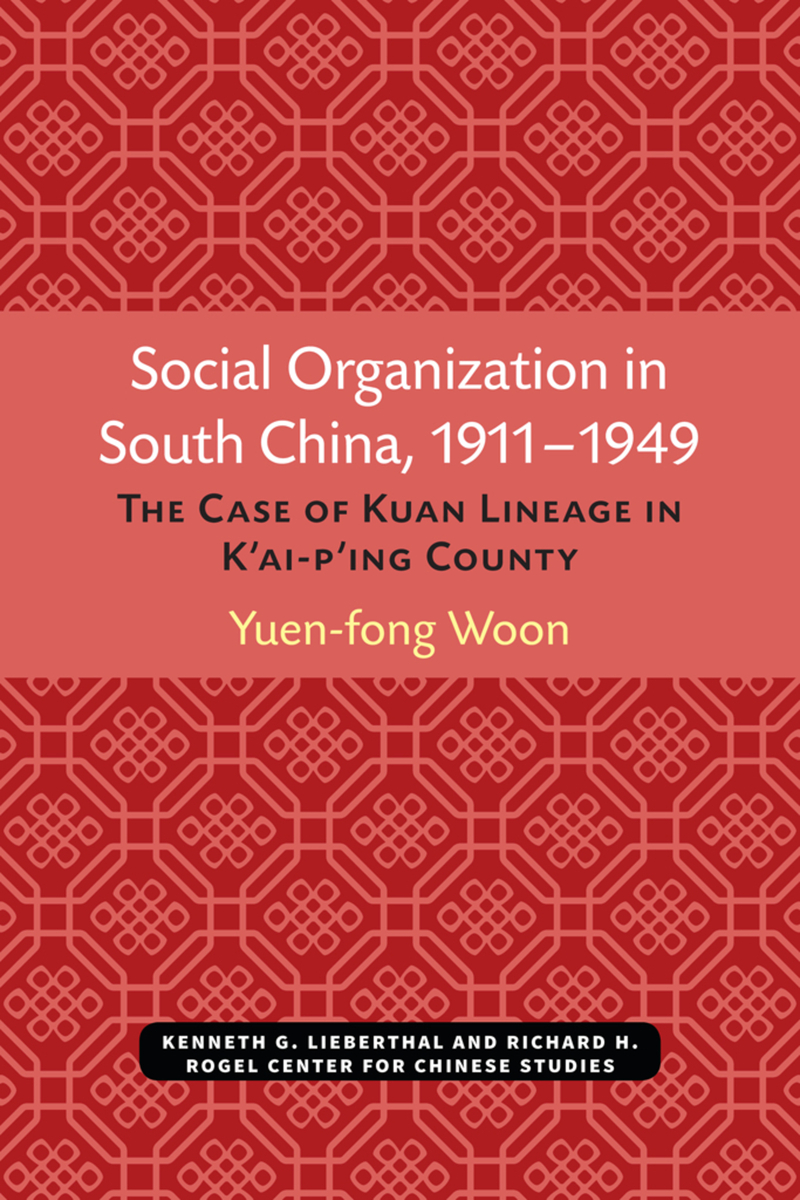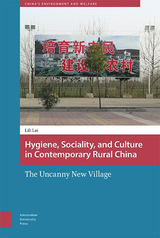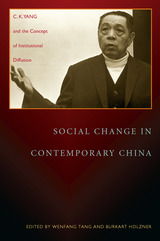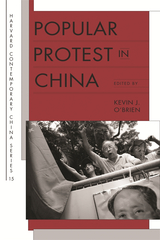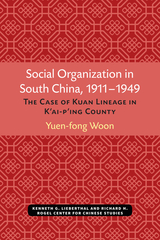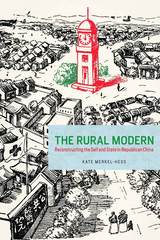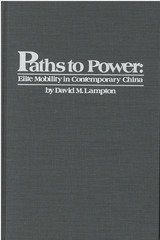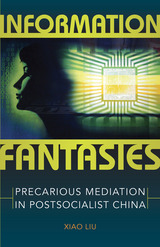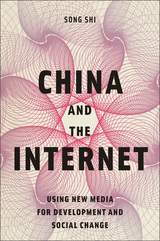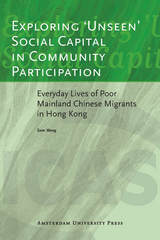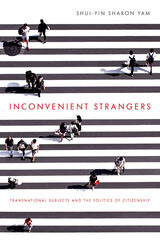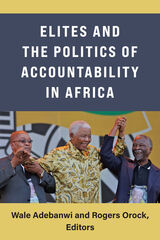Social Organization in South China, 1911–1949: The Case of Kuan Lineage in K’ai-p’ing County
University of Michigan Press, 1984
Paper: 978-0-89264-048-5 | Cloth: 978-0-89264-051-5 | eISBN: 978-0-472-12823-5
Library of Congress Classification HN740.K35W66 1984
Dewey Decimal Classification 305.095127
Paper: 978-0-89264-048-5 | Cloth: 978-0-89264-051-5 | eISBN: 978-0-472-12823-5
Library of Congress Classification HN740.K35W66 1984
Dewey Decimal Classification 305.095127
ABOUT THIS BOOK | AUTHOR BIOGRAPHY | TOC | REQUEST ACCESSIBLE FILE
ABOUT THIS BOOK
Bridging the collapse of the Confucian state and the establishment of the People’s Republic of China, the period 1911–49 is particularly fascinating to historians, anthropologists, sociologists and political scientists. Unfortunately, it is also a very confusing period, full of shifts and changes in economic, social, and political organizations. The social implications of these changes, and the relationships between officials on the subdistrict level, the unofficial leaders, and the bulk of the peasantry remain inadequately known. South China, which nurtured the Communist Party in its formative years, is a particularly interesting case. In this study I use the Kuan lineage of K’ai-p’ing as a case study to show the effects of demographic, economic, administrative, and educational changes after the Treaty of Nanking (1842) on patrilineal kinship as a principle of social organization in South China. [vii]
See other books on: Case | Kinship | Social classes | Social Organization | Social structure
See other titles from University of Michigan Press
